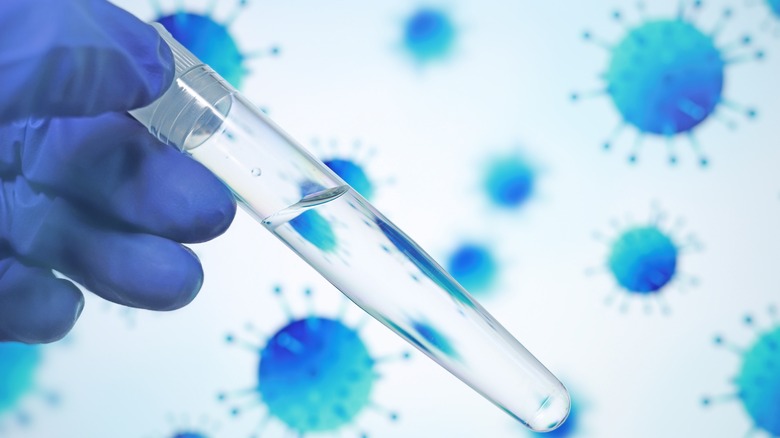AI Helps Scientists Discover Superbug-Fighting Antibiotic
The use of AI in medical research has opened a whole new world of possibilities. Take for example Google's DeepMind, which announced last year that its AlphaFold AI system had predicted the 3D folding structure of over 200 million proteins, which is nearly the entire catalog of proteins known to science. Another area where AI systems are being deployed extensively is discovering curative drugs that would otherwise take years' worth of hit-and-miss lab tests.
Now, a team of scientists from Canada's McMaster University and MIT has achieved a major breakthrough by using AI to discover a chemical that can eliminate a killer, antibiotic-resistant strain of bacteria called "Acinetobacter baumannii."
This one is a particularly dangerous pathogen because it is multidrug-resistant, and can survive for long periods on material surfaces such as medical equipment. It can cause infections in the lungs, the urinary tract, and blood, all of which are difficult to treat due to antibiotic resistance, and can lead to a large number of deaths.
As part of the latest research, the team started by testing over 7,000 chemicals on the bacteria to find those that can stop bacterial growth. The molecular detail of the tested compounds was fed into a neural network, alongside details of the specific chemical structures that are harmful to the bacteria for training purposes. Next, the AI model was used to analyze a pool of 6,680 compounds to see if they harbor the chemical structures to fight Acinetobacter baumannii.
AI to the medical rescue
After training a neural network with data about inhibitory activities against the target bacteria, it took the AI roughly an hour and a half to narrow the list down to 240 chemicals that could help. The team started testing these chemicals in lab conditions, shortening the list down to nine. The team eventually zeroed in on an antibacterial compound called "Abaucin," which limits crucial protein activity, and can also control how Acinetobacter baumannii worsens wounds.
Abaucin is said to be "extremely effective at killing A. baumannii but had no effect on other species of bacteria." The latter capability — known as "narrow spectrum" in the science community — is desirable because it means the drug won't hurt other beneficial bacteria, and won't transfer the drug resistance to other harmful bacteria. Tests conducted on mice demonstrated that Abaucin can actually work against multiple strains of drug-resistant A. baumannii bacteria.
The team is now working on modifications so that Abaucin can be tested on human patients. Plus, work is also underway on using AI to discover chemicals that can go against other well-known drug-resistance species such as Pseudomonas aeruginosa and Staphylococcus aureus.
The World Health Organization classifies antibiotic resistance as "one of the biggest threats to global health, food security, and development today." Worryingly, the problem is picking up pace, leading to more deaths and increased medical costs. Experts say AI can help here by reducing the cost, time, and research efforts needed for drug discovery.

